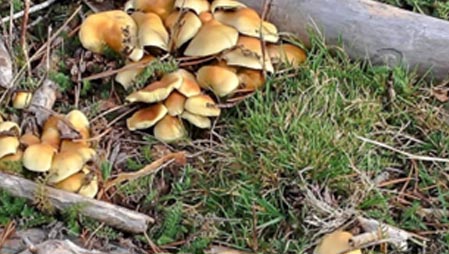
The potential application of soil fungal biodiversity cultivation to improve soil quality and increase the productivity of agricultural ecosystems stands out as a new and very promising development in plant productivity, even being referred to as “the second green revolution”. The application of such solutions offers an alternative to the current excessive use of fertilisers towards more sophisticated manipulations of plant productivity.
Fungi participate in the decomposition of organic matter and provide nutrients for plant growth. Their role is very important in protecting plants against pathogenic micro-organisms as biological agents, which influences soil health. The assessment of fungal biodiversity as quality indicators cannot be limited only to the determination of biodiversity indices, but should also include an analysis of the fungal population structure to determine the functions they play in affecting soil quality and plant health.
The use of different types of organic fertilisers has a major influence on soil health, through indirect effects (i.e. through changes in physico-chemical characteristics) and a direct effect on soil fungal communities.
https://www.frontiersin.org/articles/10.3389/fmicb.2018.00707/full


